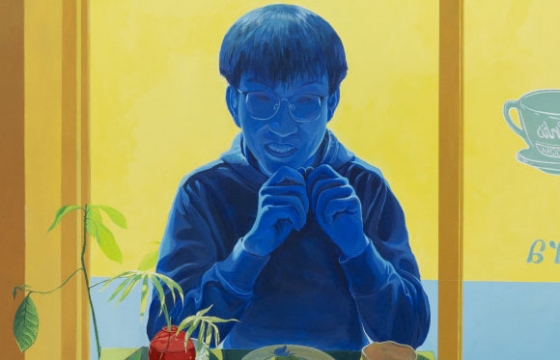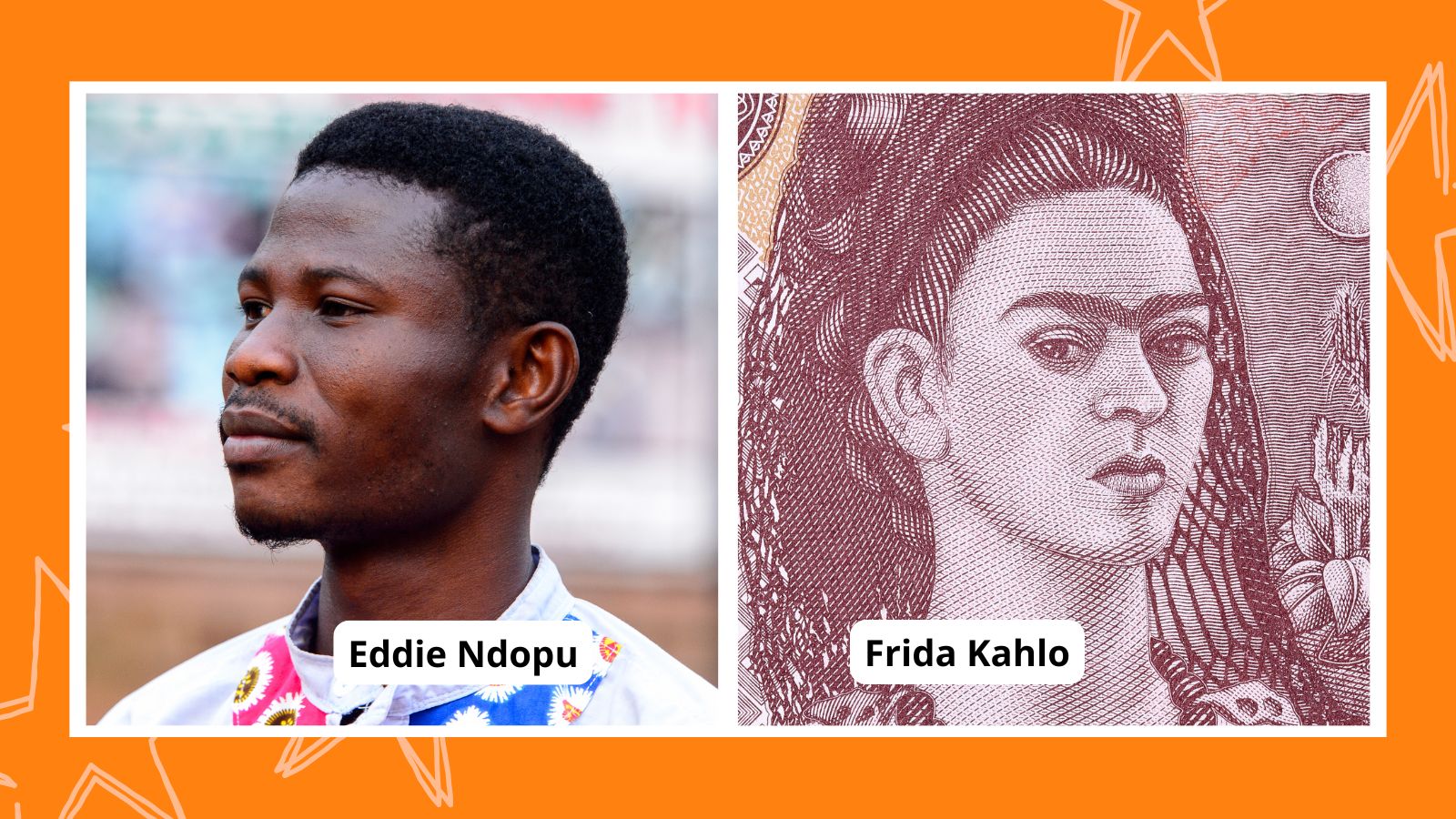Li Wang is a Beijing-born, New York-based artist whose works capture queer—primarily Chinese gay—bodies situated in the U.S. His subjects, often including himself, navigate a complex duality: immigrants from Asia whose bodies are frequently alienated or othered, and stereotyped within dominant Western queer culture. Yet, it is this very alien-ness—foreign in both nationality and identity—that grants Wang the freedom to explore himself more fully, documenting this ongoing journey with both vulnerability and strength. Wang opens a solo show at Micki Meng in the Bayview in San Francisco from November 15, 2024–December 27, 2024.
At the core of Wang’s practice is a gentle defiance—a reclamation of presence. Long tethered to his connection with Beijing, it is in America, particularly New York City, where Wang has begun to open himself to new understandings of selfhood. Painting, a medium he embraced more fully after relocating to New York, has become his tool for navigating the complexities of belonging—rooted in his origins yet liberated to reinvent himself in an unfamiliar land.
In his ongoing series, Wang presents Asian queer bodies inhabiting the intimate spaces of his New York home —the living room, the bedroom, the bathroom. For Wang, this home is an in-between space: disconnected from his hometown yet sheltered from the stereotypical portrayals of Chinese gay bodies in America. His figures move with quiet grace, occupying spaces that are both familiar and strange. Whether alone in contemplation or entwined with others, his subjects are always vibrant, bathed in the glow of interior reflection and the larger, often unseen forces of society. Wang’s paintings explore not only the physicality of these bodies but also the weight of the histories they carry, pushing back against the boundaries imposed by both his home country and the spaces that have long marginalized his community.
In his more recent works, Wang’s figures step outside the domestic sphere, revealing themselves in environments beyond the safety of home. These places are cafes or restaurants in his neighborhood, but they also reflect the various locations Wang has visited on his travels beyond New York. His trip to the Bahamas with his now ex-partner, and the journey to Las Vegas following their breakup, became major inspirations for these new paintings. They bear the emotional traces of that time: a bus ride through a national park, a hotel room drenched in fading afternoon light. The sorrow and sense of disconnection from the breakup permeate the paintings, with shadows of sadness stretching across each scene. Yet, amid this melancholy, another kind of love emerges—the affection and care from his friends—and a search for something deeper: a grappling with identity, belonging, and the fluid, ever-shifting landscapes of love.
Wang’s travels weave together domestic interiors and expansive outdoor scenes, transforming them into more than just relocations. They become metaphors for the constant search for connection, for belonging. Even in moments of solitude, there is movement toward new places, toward a deeper understanding of self, intertwined with the empathy and solidarity he finds among his community.
Wang’s paintings are less about grand revolutionary gestures and more about the quiet, necessary act of simply existing in the world, as one is. There is no final destination in Wang’s journey to find himself. Moving between the public and the private, the visible and the invisible, his paintings instead ask us to linger, to stay awhile, to witness the power of representation as a means of being, of connection, of love.





Leave a Reply